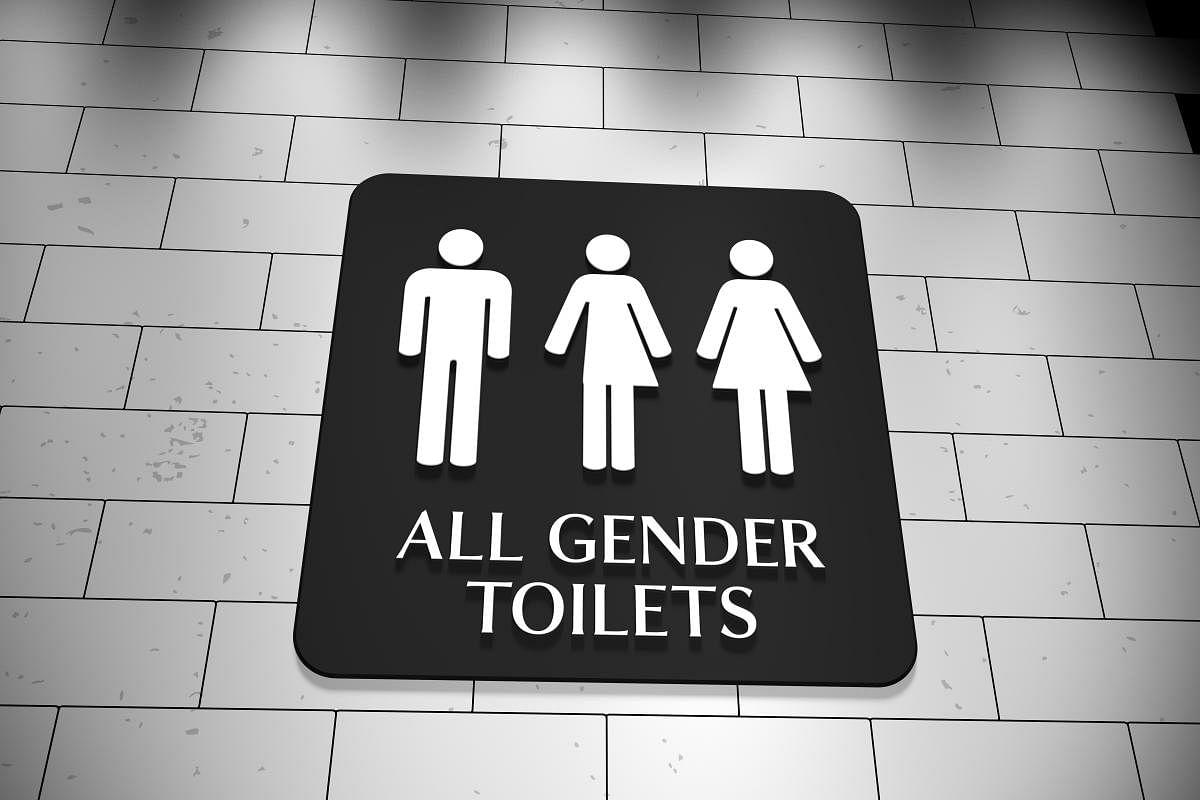
Transgender activists in Bengaluru have condemned NCERT’s move to take down an online manual on inclusive schooling following complaints by right-wing radicals. It was titled ‘Inclusion of Transgender Children in School Education: Concerns and Roadmap’.
Seven of them met on Monday to discuss the issue. “We will send a letter to the NCERT to restore the manual on its website. We will also share the letter with student unions and human rights activists, and meet the principal secretary of education in the state to endorse our cause,” informs Uma, a trans woman and an activist, who was part of the meeting.
Gender sensitisation must begin at school, college is quite late, feels Uma. The lack of information and support forces a lot of gender non-confirming children to drop out of school. Uma discontinued after Class 10. “I realised in Class 4 I was a girl trapped in a boy’s body. I liked to play and study with girls. Boys, even my brothers, would tease me because I was effeminate. When teachers would ask girls and boys to sit separately, I didn’t where to go. I felt confused about myself. How could I concentrate on my studies?” asks Uma. She did her schooling in Ramanagara, her hometown, and now stays in Bengaluru.
Also, gender sensitisation must begin with teachers. Uma explains why, “In Class 7, a group of boys, my classmates, followed me till the bathroom and pulled down my pants to see if I was a boy or girl. I cried. I was scared. I didn’t go to school for five days. If my teachers understood what a transgender identity is, I could have complained. But even they would scold me for behaving like a girl.” Uma feels initiatives like the NCERT’s can equip teachers to help a student facing an identity crisis and gradually, foster an environment of acceptance among peers.
Schools chime in
Educators and school counsellors Metrolife spoke to expressed their displeasure at the NCERT manual episode. “I had read the manual and there was nothing controversial in it. NCERT should consider putting it up again,” says Sumalini B Swamy, principal of Silicon City Academy of Secondary Education, Bangalore South. These schools have counsellors on the campus, they organise gender sensitisation sessions, and a few students have also opened up to them about their queer identities, they say.
However, following a manual prepared by experts and approved by a body like the NCERT increases the confidence of teachers and schools to go all out, feels Anika Joseph, counselling specialist at CMR National Public School, HRBR Layout. “If a teacher, who is at the top of the system, is sensitised, it can create a safe space for children to be themselves in the school,” she says. Because living under fear can have grave mental health consequences.
“Some students find it hard to focus on their studies, some withdraw from their social circle. Rates of anxiety, depression, self-harm and suicidal thoughts increase,” says Anika. Sometimes, it can claim young lives. “A boy from Bidar killed himself by suicide after a junior college in Bengaluru expelled him because he openly identified as a girl,’ Uma recalls a 2018 incident.
Will parents support?
Sex education in India is still met with opposition by parents, so how will the inclusion of non-binary students be taken? “Whenever there is a change, there is resistance but we must try,” says Sumalini. To inculcate empathy and acceptance for all gender identities, it’s best to start that conversation among children, believes Noelle Susan Joy, a counselling specialist at Ekya School ITPL.
What is the NCERT manual case?
Late last month, NCERT, or the National Council of Educational Research and Training, released a gender training manual for teachers on its website.
It recommended schools to have gender-neutral toilets and uniforms, to discontinue activities that segregate children, to invite transgender speakers, and to talk about puberty-blocking medications (for adolescents who are unsure about their gender identity). Also appended was an explainer on gender incongruence, gender dysphoria, cisgender and other terms.
The 115-page manual was criticised by right-wing accounts on social media. Later, a complaint was filed with the National Commission for Protection of Child Rights (NCPCR), dubbing the manual as a ‘criminal conspiracy… to psychologically traumatise school students under
the name of gender sensitisation’.
On November 2, the NCPCR chief wrote to NCERT to rectify the ‘anomalies’ in the manual.
He argued that it would expose students to contradictory environments at home and in schools, and questioned the qualification of experts who had drafted the guidelines. NCERT dropped the manual from the site on November 7.